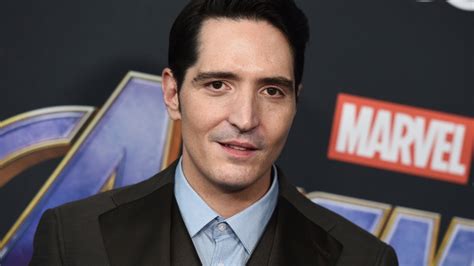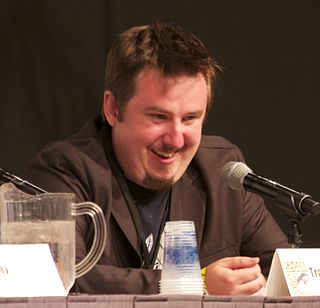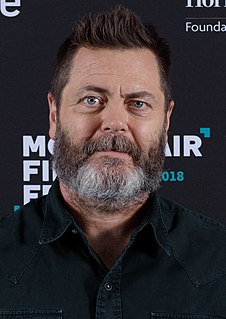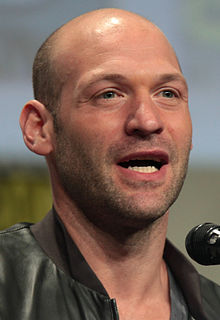A Quote by James Gunn
Writing a comic book series, you're so reliant on whoever the artist is. It truly is collaboration.
Quote Topics
Related Quotes
The first comic book I ever bought, I was in third grade. It was 'Avengers,' I think, #240. I grew up in Kansas City. And I walked into a 7-11. I had seen, like, 'The Hulk' TV series. I knew about comic book heroes. I knew about it, but I hadn't actually had a physical comic in my hands until that time. And it was a big deal for me.
The magic of comics is that there are three people involved in any comic: There is whoever is writing it, and whoever is drawing it, and then there's whoever is reading it, because the really important things in comics are occurring in the panel gutters, they're occurring between panels as the person reading the comics is moving you through, is creating a film in their heads.
There are many important books on oral history. My book was the launch title in the Understanding Qualitative Research series with Oxford University Press. I think what makes my book and all of the series books unique is the emphasis on writing instruction for researchers who want to use the method being described.
To me, my favorite comic book movies were the ones that were never based on comic books, like Unforgiven. That's more the kind of thing that get us inspired. Usually when you say something's a comic book movie, it means you turn on the purple and green lights. Suddenly that means it's more like a comic book, and It's not really like that.




































